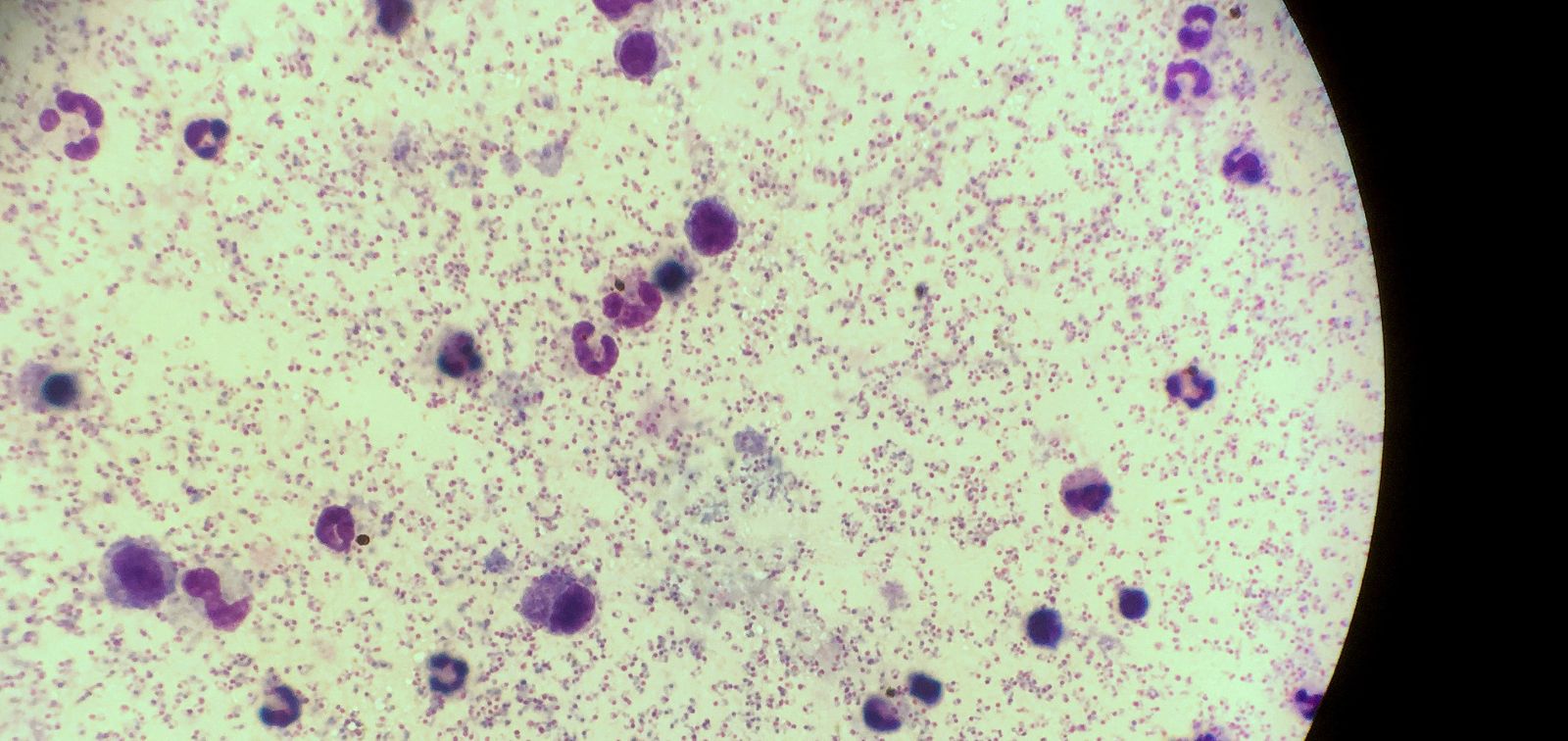RESPONSE
Mechanisms of the transcriptional responses to changes in the environment in the malaria parasite Plasmodium falciparum

- Durada
- 01/09/2023 - 31/08/2026
- Coordinador
- Alfred Cortés
- Finançadors
- Ministerio de Ciencia, Innovación y Universidades / Unión Europea / Agencia Estatal de Investigación (Ayuda PID2022-137863OB-I00)
The apicomplexan parasite Plasmodium falciparum causes the most severe forms of human malaria. Blood stages of the parasite, which include asexual parasites and sexual precursors called gametocytes, are responsible for all malaria clinical symptoms and for transmission to mosquitoes, respectively. As all organisms, P. falciparum needs to adapt to changes in the conditions of the environment where it lives. While the conditions of the human blood circulation are generally stable, there are some important fluctuations to which parasites need to adapt, using different strategies. Recent research from us and from others has demonstrated that P. falciparum produces protective transcriptional responses when exposed to heat shock mimicking malaria fever episodes (the most common symptom of clinical malaria), low levels of specific phospholipid precursors or drugs such as artemisinin. In the case of febrile temperatures, the parasite response involves transcriptional activation of an extremely compact set of chaperone-encoding genes regulated by the transcription factor PfAP2- HS. This response has similarities with the heat-shock response driven by the conserved eukaryotic transcription factor HSF1, which is absent from malaria parasites. In the case of low levels of phospholipid precursors or a pulse of artemisinin, the response involves activation of the expression of the chromatin regulator GDV1, which results in activation of the expression of the master regulator PfAP2-G and sexual conversion (e.g., conversion of asexual parasites into sexual gametocytes). However, many aspects of these two response pathways remain uncharacterized.
In this project:
- We will address the mechanisms by which parasites sense thermal stress, activate PfAP2-HS and increase transcription of its target genes.
- We will test the hypothesis that regulation of PfAP2-HS activation involves chaperone displacement and phosphorylation events, similar to regulation of HSF1.
- We will determine if proteotoxic conditions other than thermal stress, such as exposure to artemisinin, can trigger the PfAP2-HS-driven heat-shock response, and if this pathway plays an important role in artemisinin resistance.
- We will characterize the proteomic changes that occur during heat shock and investigate the alterations in nuclear organization and chromosomal contacts associated with the heat-shock response, and the role of different PfAP2-HS domains in these processes.
With these experiments,:
- We will gain mechanistic insight on the different steps of the P. falciparum response to febrile temperatures, from sensing to transcriptional activation of target genes.
- We will investigate the mechanism of gdv1 activation under different environmental conditions.
- We will test the hypothesis that different conditions that enhance sexual conversion rates result in common changes in specific metabolites that affect heterochromatin at the gdv1 locus.
- We will characterize activation of the gdv1 locus, which encodes the gdv1 mRNA and a regulatory antisense RNA, at the single-cell level and test the involvement of changes in chromosome contacts in the activation mechanism.
Altogether, with this project we expect to gain important mechanistic insight on the regulation of the two main transcriptional responses described so far in P. falciparum, which enable parasite adaptation and survival under two common conditions of its environment.
Total Fuding
475.000,00 €
Our Team
Coordinator
-
 Alfred Cortés ICREA Research Professor
Alfred Cortés ICREA Research Professor
ISGlobal Team
-
 Elisabet Tintó Research Assistant
Elisabet Tintó Research Assistant -
Maria Ribera Tècnica de laboratori
-
 LUCAS ALBERTO MICHEL Bioestadistico
LUCAS ALBERTO MICHEL Bioestadistico -
 Alba Pérez Investigadora postdoctoral
Alba Pérez Investigadora postdoctoral




